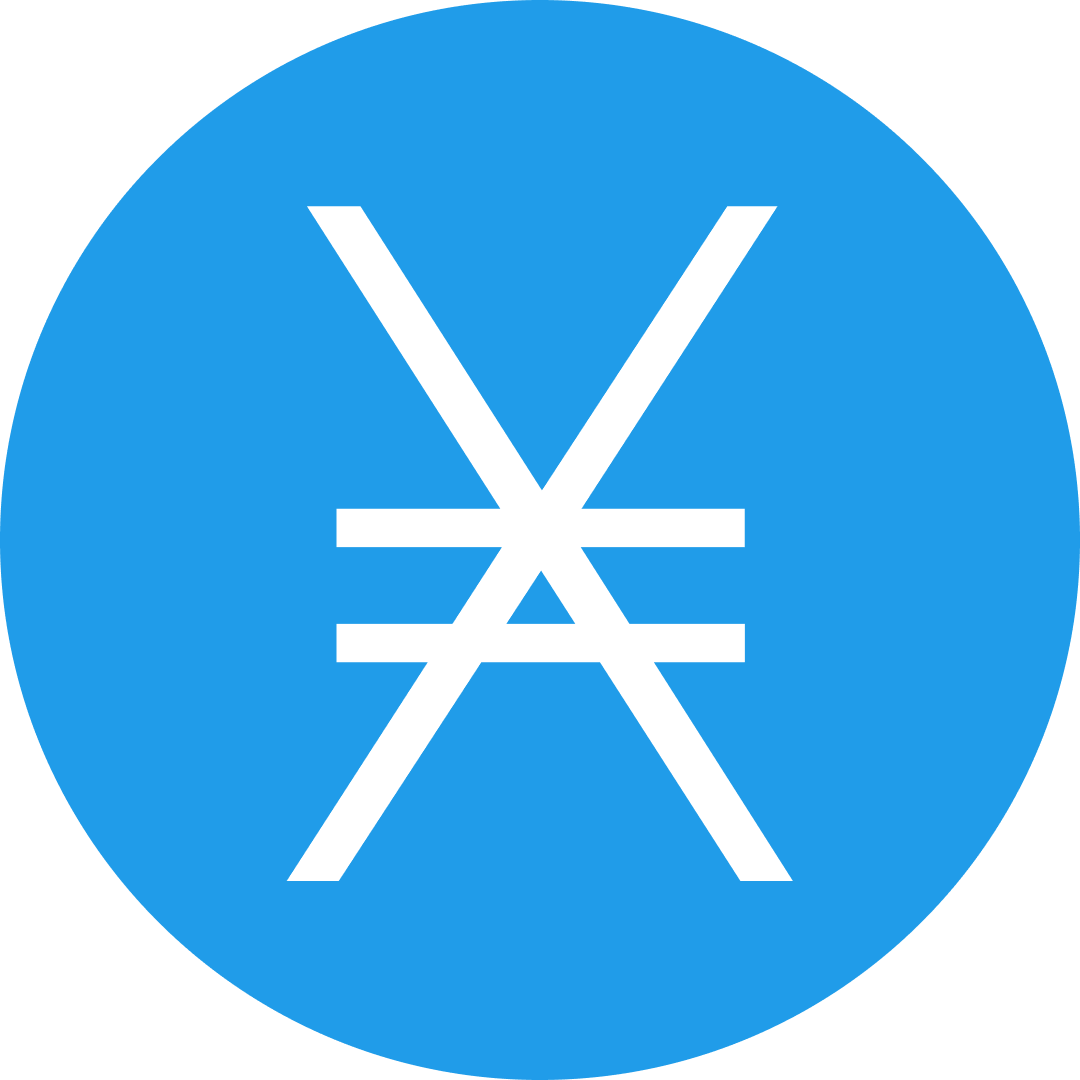-
 bitcoin
bitcoin $107015.826941 USD
-2.18% -
 ethereum
ethereum $3637.352324 USD
-5.18% -
 tether
tether $0.999831 USD
-0.02% -
 xrp
xrp $2.338078 USD
-6.23% -
 bnb
bnb $998.272150 USD
-6.97% -
 solana
solana $167.598257 USD
-10.12% -
 usd-coin
usd-coin $0.999863 USD
0.01% -
 tron
tron $0.282573 USD
-5.09% -
 dogecoin
dogecoin $0.169891 USD
-7.39% -
 cardano
cardano $0.557554 USD
-7.03% -
 hyperliquid
hyperliquid $39.914802 USD
-5.85% -
 chainlink
chainlink $15.414549 USD
-9.97% -
 bitcoin-cash
bitcoin-cash $510.361911 USD
-4.26% -
 ethena-usde
ethena-usde $0.999194 USD
-0.03% -
 stellar
stellar $0.282092 USD
-6.07%
How to manage multiple addresses in one Coinbase Wallet?
Coinbase Wallet lets you manage multiple crypto addresses across blockchains with one recovery phrase, enabling secure, seamless access to funds on Ethereum, Polygon, Binance Smart Chain, and more—all in one app.
Oct 29, 2025 at 09:18 am

Understanding Multi-Address Management in Coinbase Wallet
1. Coinbase Wallet supports multiple blockchain networks, allowing users to manage various cryptocurrency addresses within a single interface. Each network—such as Ethereum, Polygon, Binance Smart Chain, and others—generates its own unique address for receiving and sending tokens. These addresses are automatically created when you first interact with a supported network.
2. When setting up the wallet, users receive a recovery phrase that secures access to all associated addresses across chains. This means there is no need to create separate wallets or memorize multiple seed phrases. The same recovery phrase unlocks every address tied to your wallet instance.
3. Switching between networks inside the app enables seamless navigation from one address to another. For example, tapping on Ethereum displays your ETH address, while selecting Polygon reveals a different but linked address for MATIC and ERC-20 compatible tokens on that chain.
4. Users can manually add custom tokens or networks not listed by default using the “+” button under the assets tab. This expands the number of manageable addresses, especially useful for those interacting with niche dApps or emerging Layer 1 protocols.
5. Labeling features allow personalized naming of specific addresses or accounts, improving clarity when managing funds across decentralized applications. Although all addresses stem from the same private key derived from the recovery phrase, labeling helps distinguish usage contexts like trading, staking, or long-term storage.
Security Measures Across Multiple Addresses
1. All addresses generated within Coinbase Wallet are protected by the same cryptographic foundation: the initial 12-word recovery phrase. Losing this phrase results in permanent loss of access to every connected address regardless of network.
2. The wallet does not store user keys on remote servers. Private keys remain encrypted and stored locally on the device, ensuring that even if Coinbase as a company faces breaches, individual wallet data stays secure.
3. Biometric authentication (Face ID, fingerprint) adds an extra layer of protection before accessing any address balance or initiating transactions. This prevents unauthorized physical access to the full suite of managed addresses.
4. Transaction confirmations require explicit approval within the app, showing both source and destination addresses clearly. This reduces risks of phishing attacks where malicious actors attempt to trick users into sending funds from one of their many addresses unknowingly.
5. Regular updates from Coinbase patch vulnerabilities related to multi-network address handling. Keeping the app updated ensures compatibility with evolving security standards across blockchains.
Practical Use Cases for Managing Multiple Addresses
1. Traders who engage with decentralized exchanges on different chains use distinct addresses to optimize gas fees. For instance, swapping tokens on Arbitrum instead of Ethereum Mainnet due to lower costs becomes easier when both addresses are accessible in one place.
2. NFT collectors maintain separate balances across ecosystems like Optimism, zkSync, and Base. Having unified visibility into each network’s address allows efficient tracking of digital asset holdings without switching apps.
3. Developers testing smart contracts deploy testnet versions across several environments—Goerli, Sepolia, Mumbai—each requiring unique addresses. A single wallet simplifies this workflow by housing all testnet addresses together.
4. Yield farmers allocate capital across liquidity pools on various DeFi platforms. Being able to view and transfer assets between Avalanche, Fantom, and Cronos addresses directly streamlines portfolio rebalancing.
5. Donors contributing to Web3-based charitable initiatives may need to send funds via specific chains preferred by recipients. Access to multiple ready-to-use addresses accelerates response time during urgent fundraising campaigns.
Frequently Asked Questions
Can I import external addresses into Coinbase Wallet?Yes, you can import addresses by restoring a wallet using their corresponding recovery phrase. However, importing individual standalone addresses (without the full seed) is not supported. You must have control over the private key or mnemonic to bring them into the wallet environment.
Do all my addresses share the same public key?No, each blockchain generates a unique public address based on the same underlying private key. While they originate from one cryptographic identity, the resulting addresses differ per network due to encoding and derivation rules specific to each protocol.
Is it safe to receive funds on inactive network addresses?Yes, it is safe. Even if a network hasn't been used yet in your wallet, generating its address through activation allows direct receipt of funds. As long as the recovery phrase is secured, incoming transfers will be accessible once the network is enabled in the app.
How do I back up multiple addresses?You don’t need to back up each address individually. Backing up the original 12-word recovery phrase covers every address—past, present, and future—generated within the wallet. Store this phrase offline in a secure location to ensure complete recovery capability.
Disclaimer:info@kdj.com
The information provided is not trading advice. kdj.com does not assume any responsibility for any investments made based on the information provided in this article. Cryptocurrencies are highly volatile and it is highly recommended that you invest with caution after thorough research!
If you believe that the content used on this website infringes your copyright, please contact us immediately (info@kdj.com) and we will delete it promptly.
- Score Big with BetMGM: NBA, NFL, and the TOP150 Bonus Code
- 2025-11-05 08:50:13
- BullZilla Presale: The Roaring Crypto Opportunity You Can't Ignore
- 2025-11-05 08:55:01
- New Coin Honors Unknown Soldier: A Nation Remembers
- 2025-11-05 08:35:01
- CZ's Aster Token Gamble: Binance Founder's Move and Market Reactions
- 2025-11-05 08:00:02
- DeFi Reimagined: Decentralized Insurance Networks Meet AI
- 2025-11-05 07:05:01
- Bitcoin, Binance, and Investors: Navigating the Crypto Landscape
- 2025-11-05 08:00:02
Related knowledge
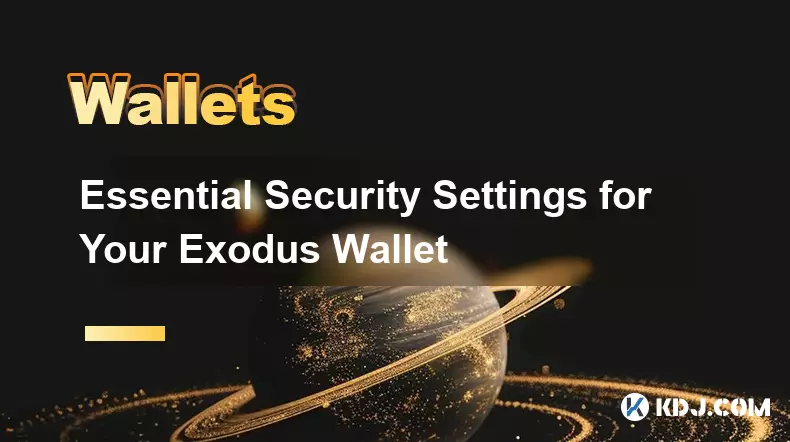
Essential Security Settings for Your Exodus Wallet
Nov 05,2025 at 08:00am
Understanding Exodus Wallet Security Fundamentals1. Exodus is a software wallet that allows users to store, manage, and exchange various cryptocurrenc...
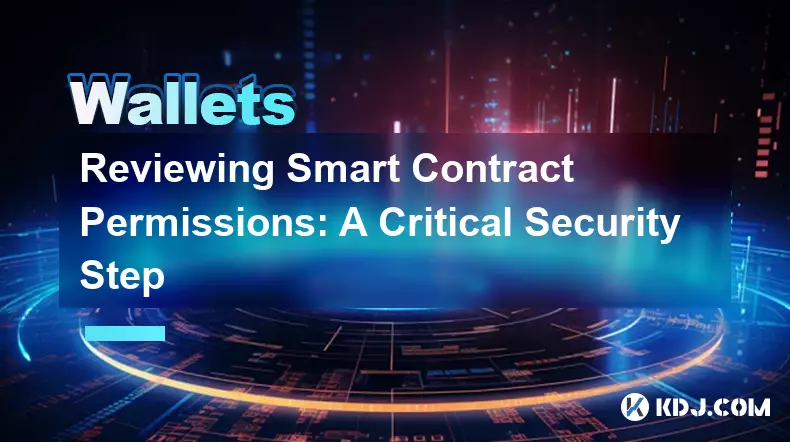
Reviewing Smart Contract Permissions: A Critical Security Step
Nov 01,2025 at 04:55pm
Understanding Decentralized Exchanges in the Crypto Ecosystem1. Decentralized exchanges (DEXs) have reshaped how traders interact with digital assets ...
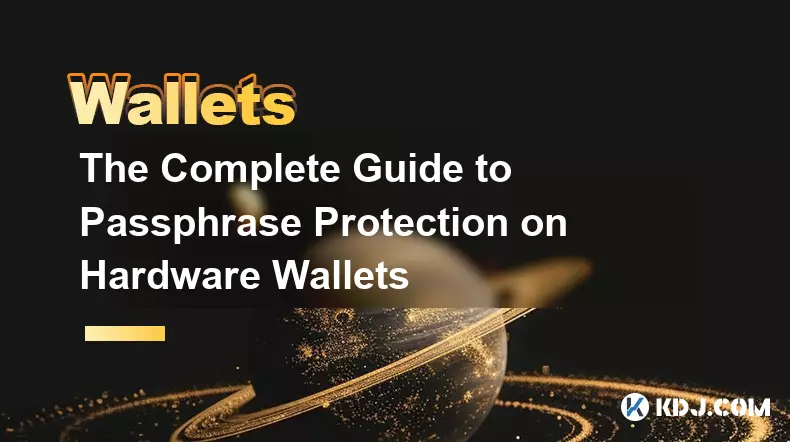
The Complete Guide to Passphrase Protection on Hardware Wallets
Nov 03,2025 at 10:37am
Understanding Passphrases in Hardware Wallets1. A passphrase, often referred to as a 25th word, adds an additional layer of security beyond the standa...
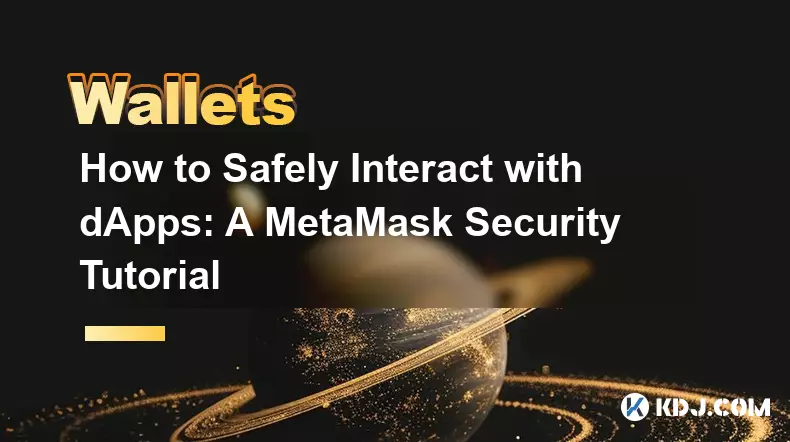
How to Safely Interact with dApps: A MetaMask Security Tutorial
Nov 04,2025 at 02:54am
Understanding dApp Interaction Risks1. Decentralized applications (dApps) operate on blockchain networks, enabling users to trade tokens, lend assets,...
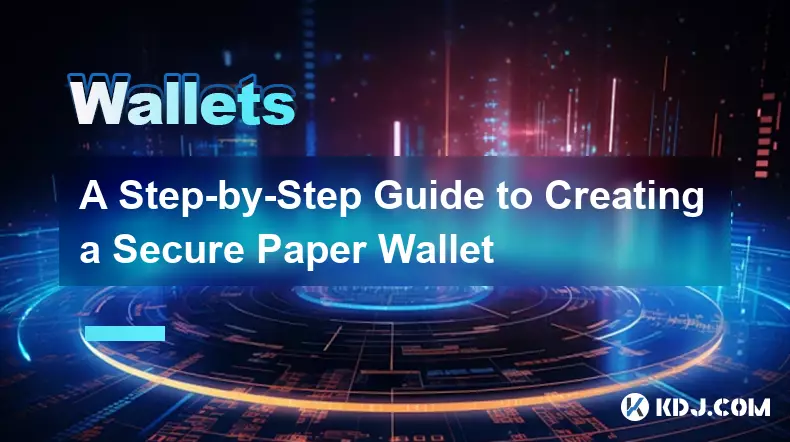
A Step-by-Step Guide to Creating a Secure Paper Wallet
Nov 05,2025 at 04:39am
Understanding the Basics of a Paper Wallet1. A paper wallet is a physical document that contains the private and public keys of a cryptocurrency addre...

Software Wallet Security Vulnerabilities You Need to Know
Nov 01,2025 at 11:37am
Common Exploits Targeting Software Wallets1. Phishing attacks remain one of the most widespread threats to software wallet users. Cybercriminals desig...

Essential Security Settings for Your Exodus Wallet
Nov 05,2025 at 08:00am
Understanding Exodus Wallet Security Fundamentals1. Exodus is a software wallet that allows users to store, manage, and exchange various cryptocurrenc...

Reviewing Smart Contract Permissions: A Critical Security Step
Nov 01,2025 at 04:55pm
Understanding Decentralized Exchanges in the Crypto Ecosystem1. Decentralized exchanges (DEXs) have reshaped how traders interact with digital assets ...

The Complete Guide to Passphrase Protection on Hardware Wallets
Nov 03,2025 at 10:37am
Understanding Passphrases in Hardware Wallets1. A passphrase, often referred to as a 25th word, adds an additional layer of security beyond the standa...

How to Safely Interact with dApps: A MetaMask Security Tutorial
Nov 04,2025 at 02:54am
Understanding dApp Interaction Risks1. Decentralized applications (dApps) operate on blockchain networks, enabling users to trade tokens, lend assets,...

A Step-by-Step Guide to Creating a Secure Paper Wallet
Nov 05,2025 at 04:39am
Understanding the Basics of a Paper Wallet1. A paper wallet is a physical document that contains the private and public keys of a cryptocurrency addre...

Software Wallet Security Vulnerabilities You Need to Know
Nov 01,2025 at 11:37am
Common Exploits Targeting Software Wallets1. Phishing attacks remain one of the most widespread threats to software wallet users. Cybercriminals desig...
See all articles







































































